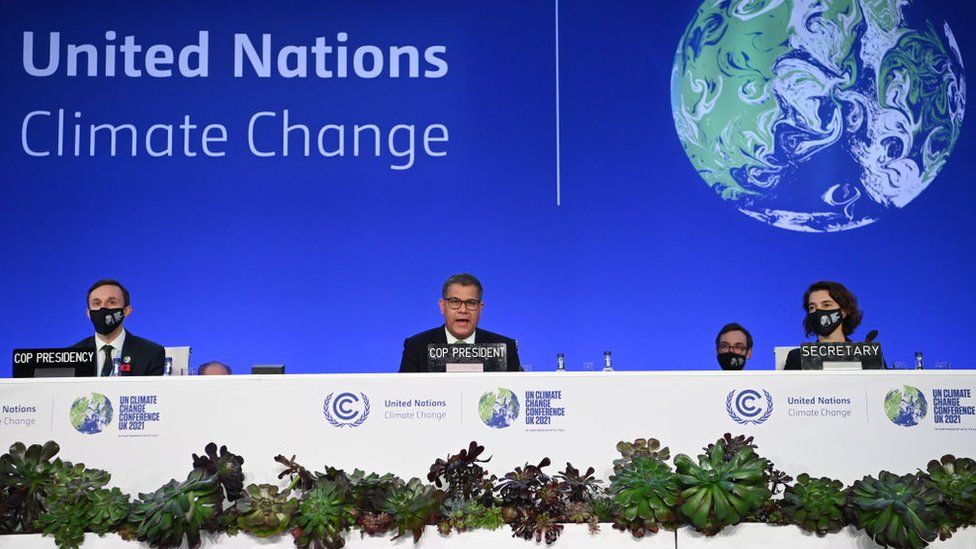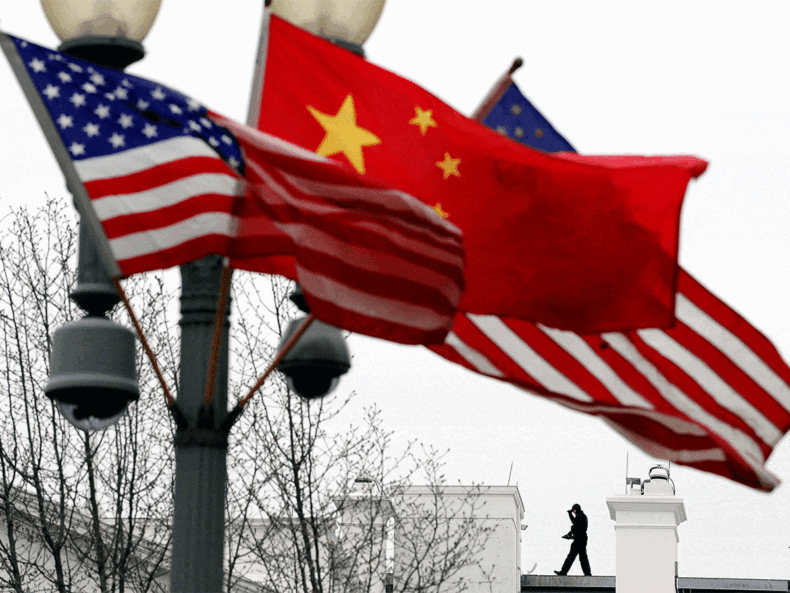Climate change diplomacy between China and the United States cannot be divorced from more general political issues between the two countries. Washington must take responsibility for the collapse in negotiations, China’s foreign ministry stated.
Another round of international climate talks, known as COP27, is scheduled to take place in Sharm El-Sheikh, Egypt, with the participation of close to 200 nations. Still, tensions on the diplomatic front between the two largest emitters of greenhouse gases have the potential to overshadow the gathering.
The historic Paris Agreement was passed in 2015 thanks to agreements and joint statements from Beijing and Washington, but after the U.S. visited China in August, China froze all bilateral talks. Nancy Pelosi, the speaker of the House of Representatives, visited Taiwan, a self-governing island that China claims.
In order to achieve the Paris Agreement’s success and implementation, China and the United States previously created strong climate change cooperation, according to a statement released late on Thursday by the foreign ministry.
The invasion of Ukraine by Russia had already caused widespread worries about the availability of energy, and the deteriorating China-U.S. relationship has only made those worries worse, according to experts.
Frank Jotzo, head of the Australian National University’s Centre for Climate and Energy Policy, stated that the United States and China’s cooperation on climate obligations “has actually benefited in the past.”
At a briefing on Thursday, he declared that “it just doesn’t exist any longer, and there’s really not much likelihood of it reappearing.”
China is “ready to engage and cooperate with all parties” to ensure the success of COP27, the spokeswoman said, adding that China has not ceased collaboration with other nations and would continue to support the global climate negotiating process.

Expectations before COP27 were already low due to growing tensions between China and the United States and concerns about energy availability due to the Russian invasion of Ukraine. According to specialists, a relationship has further lowered these expectations.
China’s foreign ministry stated that political tensions between the United States and China are bigger than climate change diplomacy and that Washington must take responsibility for the collapse in negotiations.
The two nations have the biggest economies in the world and the biggest carbon emissions. They are in a position of power, expertise, and accountability to pave the way for sustainability.
Every nation has a moral obligation to assist in repairing the harm that their extractions and emissions have caused to other nations, particularly poor nations, where the populace has received little to no benefit from the wealth created, has made the smallest contribution to the current climate emergency, and is suffering from it the most.
The political and economic interests of the two nations are also served by taking action on climate. Economic advancement and carbon emission reduction may coexist. Renewable energy investments made by climate-responsible economies will lead to long-lasting and equitable wealth growth. In the face of additional health, migratory, and economic difficulties, it will help them maintain more stability.
The United States and China can each take significant climate action on their own, but they also need to put aside their current differences and work together.
The two nations can accelerate the switch to renewable energy sources since they have abundant human capital and strong manufacturing and research capacities. Together, they do far more than the sum of their individual efforts.

Other nations will increase their climate action due to their combined influence. An ongoing epidemic, the debt crisis, and the increase in energy and food prices already have an impact on global commitment. In order to reenergize their collaborative climate action, the U.S. and China must set an example.
Such cooperation is a difficult task. Climate action can be challenging due to domestic politics. Still today, economies are based on fossil fuels. Cooperation on climate challenges must be separate from other concerns.
However, there is cause for optimism. Cooperation between the United States and China laid the groundwork for global climate change action and cleared the path for the 2015 Paris Agreement more than ten years ago. Since then, cooperation between the two countries has accelerated climate change initiatives, especially in 2021 when their involvement sparked the revival of climate negotiations in Glasgow.
The prospects for COP27 are dim without fresh China-US cooperation. To keep warming to 1.5 degrees Celsius and lessen the worst effects of climate change will become increasingly more difficult. The road to destruction will get wider and broader, and the road to survival will get more and more overgrown with thorns.













